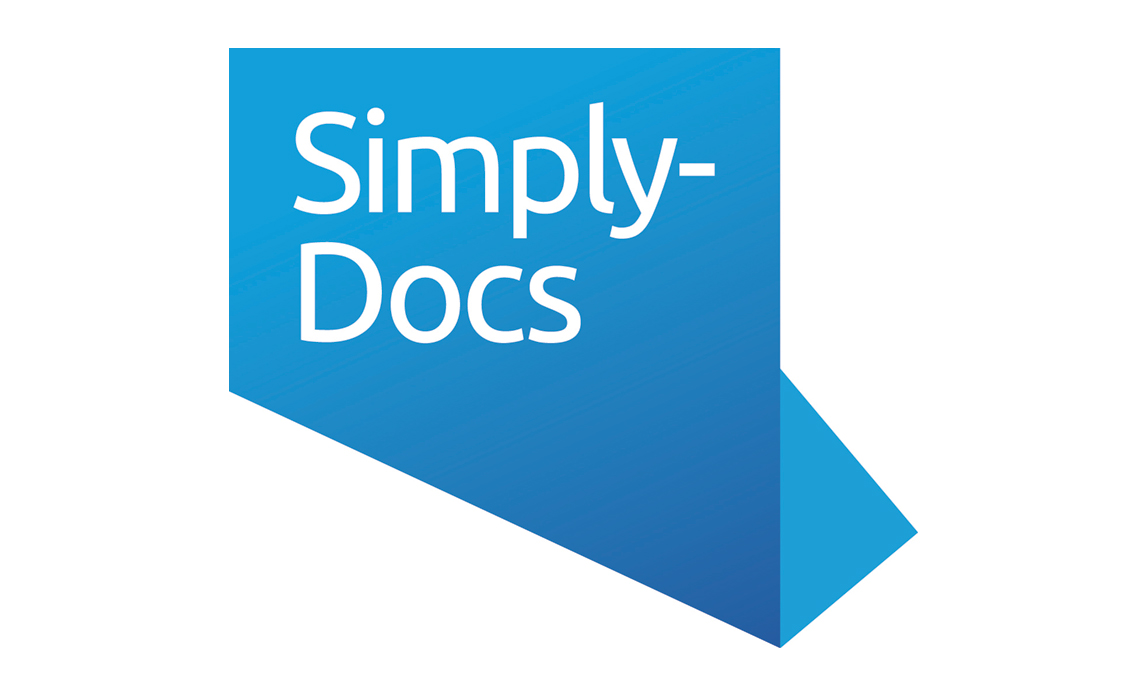
If you love music and dance and want a flexible working pattern, becoming a mobile DJ might be a good choice. Our guide covers the key issues for starting and running your own Mobile DJ business.
Research your target market
When you plan your DJ business it's important to make an estimate of how much demand there will be for your services. Doing some market research will help you with this.
Estimating demand
It's a good idea to try to make an estimate of how much work you will get. It's likely that there are already some established DJs in your area that you will have to compete against. You may find it useful to identify and count them so you know what you are up against. If you can, attend some of their gigs so you are aware of each DJ's style and popularity.
You'll also need to spend some time thinking about who is likely to want to book DJ services, and the types of booking you're likely to get.
You might be booked by the following:
- members of the public. You are likely to be hired by members of the public to cover weddings, birthday and anniversary parties (including children's parties) and so on. Try to make sure that you have access to a broad enough collection of music to cater for all tastes
- pubs, hotels and clubs
- organisations such as sports clubs, schools, youth clubs and so on
- party planners and event organisers
You may also get some work from established DJs who are unable to fulfil a booking but who pass the client on to you. You could send your publicity material to established DJs in your area along with a note stating you are available for this type of work.
Many of your gigs will take place in venues like hotel function rooms, pubs, village halls, school gymnasiums and marquees. Each of these will represent different challenges to you as there will be differences in sound quality and available space in each of these venues. Make sure that you leave yourself plenty of time to set up and soundcheck your equipment fully before you are due to start.
 Event and hire terms and conditions
Event and hire terms and conditions
Save £5 and pay £33.50 for a year's access to 890 business document templates. Use code SLD7948.S
At first, many of your bookings are likely to be from family and friends - you may not even charge for some of these. However, each one of these that you do enhances your reputation (hopefully!) and makes more people aware of what you can do. Always carry some publicity with you, such as a sign that you can put up on your equipment and business cards, to give out to anyone who shows an interest in booking you. If you decide to specialise in one particular type of booking, such as weddings, you could create advertising and publicity material that reflects this so that people looking through the phone book for a wedding DJ are encouraged to book you rather than someone else.
You could also contact local pubs early on to see if they would consider giving you any gigs. Even if they can't guarantee you anything immediately, it's worth noting down some contact details so you can get in touch at a later date. If possible, leave some publicity material as well. You could try leaving your details with event and party organisers too.
Remember that word of mouth will probably play a large part in getting you repeat business. If you've practiced enough to be able to put together a good set consistently you should be able to get repeat work.
Get some feedback
At your first few gigs, you may consider asking people for comments on your performance. If, as is quite probable, the people you are playing to at these first gigs are people that you know, then they should be willing to help you. For example, you could check with them whether they felt your choice of music was appropriate, the sound levels were correct, and your links between songs were audible.
You could also make a list of all of the requests you receive in your first few gigs and note whether you had the track or not. You may find that the same songs are asked for time and time again. This will help you to build up a set list of the most popular songs.
Research current trends, plus legal and tax issues
Pricing policy
To build your reputation you may at first need to accept some bookings for little money or even for free. In the longer term though you'll need to think about how much you'll charge for your services once you're working on a fully commercial basis.
You may well already have some experience of doing paid-for DJ work on a part time or paying hobby basis. If so, think about whether your current rates are high enough once you make the move to working on a professional basis, or whether you need to increase them. You'll need to make sure that your fees are high enough to cover all of your overheads and still leave you with enough profit - your 'wages' - to make it worthwhile doing the gig.
It's probably important to find out what other mobile DJs in the area are charging - you may or may not need to undercut them to make sure you get work, but you almost certainly won't get much work if you try to charge a lot more for the same service. You might know some of your competitors well enough to ask them about what they charge - if not try looking at their advertisements and websites and talking to your contacts in the entertainment industry. Be aware that there may well be some semi-professionals and hobbyists working in the area who will do gigs very cheaply - sometimes for cash - or even free. It's probably wise not to try to compete with these DJs on price but to emphasise to potential customers why it's worth paying the extra for your services - for example because you're fully insured, you have a full range of professional-quality equipment and a big selection of music, and all your gear is regularly safety checked.
If you're going to sign up to an agency to find work then they should be able to give you a good idea about what you can charge, but bear in mind that they'll keep a cut for themselves as commission.
Payment terms
Your customers may pay you in cash or by cheque. It's quite likely that if you work in pubs and clubs you'll be paid in cash out of the night's takings. Make sure that all cash takings are fully recorded and that you have somewhere secure to keep the cash. Organisations such as churches and other non-profit groups may pay by cheque. Take into account when preparing your cash flow that clients may pay a deposit in advance of the full payment, sometimes up to a month before.
Contract or no contract?
Whoever your customers are, it is advisable to always use a written contract. This should include your terms and conditions, especially your fees and when you should be paid by. This will ensure that both you and your client are fully aware of what is required. A very important detail to include is your limit of liability. If you are unable to get to a booking, a client could sue you for damages which, if you don't have a limited liability written into your contract, could amount to considerably more than your fee. Another important detail to include on the contract is conditions for cancellation by the client. Decide what percentage of the fee, if any, will be refundable in the event of a cancellation.
It's a good idea to keep a work diary to make sure you avoid the possibility of double bookings and clashes.
Your equipment and music
Give some thought to the 'nuts and bolts' of how your DJ business will operate - the types of equipment you'll use and the music - and music formats - you'll play.
Equipment
As a mobile DJ you will probably need quite a large amount of equipment, including:
- decks and players. You could use turntables (for vinyl), CD units, MP3 and hard drive players, and laptops. Traditionally a DJ would need at least two playing devices such as turntables to keep the music playing continuously, but modern digital devices mean that this can now be achieved with a single player
- a mixer. A mixer changes the sound from one deck to another without having a break in the sound. This means you can blend two songs together rather than having to do microphone links between every song
- PA system and amplifiers
- controller
- DJ speakers
- microphone
- headphones
- cabling
- CDs and possibly vinyl records (if you're not just going to use digital music files)
If you're using a laptop then you'll probably need some specialist DJ software too.
Thanks to digitisation it can now be much less costly to set up as a mobile DJ than it was in the days when all the equipment was analogue.
For further enhancing your act you could add things like:
- effects units, sequencers and samplers
- lights and lasers
- smoke machine
- mirrorball
- strobes
There are very many different types of lighting effects available - get advice from a supplier before you purchase anything. If you visit the Professional Lighting and Sound Association (PLASA) trade exhibition you will be able to see the very latest pieces of equipment on offer.
Music
Working as a mobile DJ means that you need to have a sizeable music collection. You can work with several different music formats, each of which has its own advantages and disadvantages:
- digital music files such as MP3 - these are now widely used in the industry
- CDs - remain popular as they are versatile, easy to use and there is a wide range to choose from, but they take up more space
- vinyl records - once the mainstay of DJ industry, vinyl is now only really used by some club DJs
You will have your own style but you should also be flexible and adaptable so that you can cope with diverse bookings (weddings, kids' discos and so on). It is not really necessary for a mobile DJ to beat-match (matching the tempo of two different songs to provide a seamless blend), for example, but if you have that skill, you can use it to good effect. If you use MP3s you can get computer software that can beat-match for you. You will find that more expensive equipment will enable you to do more things - although the best decks and mixer in the world won't compensate if you haven't practised enough and don't know your music!



